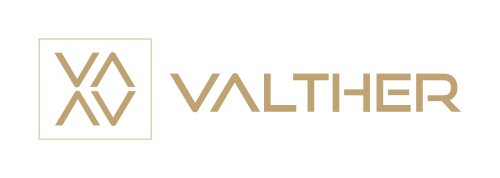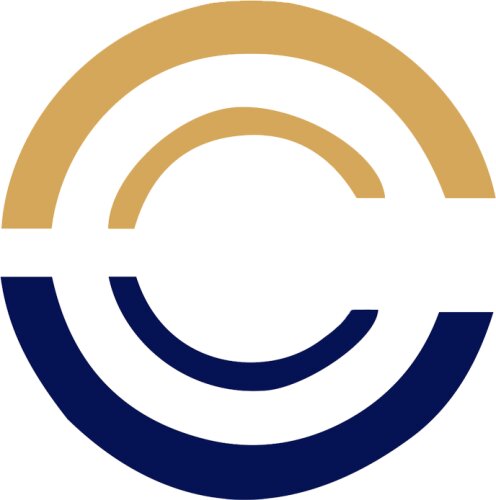Best Aviation Lawyers in France
Share your needs with us, get contacted by law firms.
Free. Takes 2 min.
Or refine your search by selecting a city:
List of the best lawyers in France
About Aviation Law in France
Aviation law in France is a complex and specialized area of law that governs various aspects of air travel and aircraft operations. France is a prominent player in the global aviation industry, being home to major companies such as Airbus, and is a signatory to various international conventions and agreements that regulate aviation standards. The French Civil Aviation Authority (Direction Générale de l'Aviation Civile - DGAC) oversees most of the regulations and enforcements related to civil aviation in France. Notably, aviation law covers safety protocols, aircraft maintenance standards, pilot and crew qualifications, airspace rights, and commercial airline operations. France's membership in the European Union also means that it adheres to EU regulations alongside its national laws.
Why You May Need a Lawyer
There are a myriad of situations in which an individual or company might require legal assistance in the field of aviation in France. For instance, legal support may be necessary for corporate entities involved in aircraft leasing or purchasing. Individuals might need legal aid in personal injury claims arising from aviation accidents or incidents. Lawyers are also essential in navigating regulations for startups entering the aviation market, handling employer-employee disputes within airlines, resolving issues around air travel disruptions, or managing compliance with environmental and safety regulations. Understanding complex transactions such as mergers or partnerships between airlines also often requires specialized aviation legal expertise.
Local Laws Overview
The aviation legal framework in France is governed by both national laws and international agreements. Key national legislations include the French Transportation Code and various decrees from the DGAC. Important international influences include compliance with the International Civil Aviation Organization (ICAO) standards and European Union regulations such as those from the European Aviation Safety Agency (EASA). Important legal aspects include aircraft registration, airworthiness certifications, air carrier licensing, passenger rights, and environmental impact regulations. Strict protocols also govern air traffic control, airport operations, and national and European airspace utilization. Additionally, airline financial obligations and passenger compensation rules (e.g., Regulation EC 261/2004) are significant.
Frequently Asked Questions
What are the basic requirements for airline operation in France?
Operating an airline in France requires obtaining an Air Operator Certificate (AOC) from the DGAC. This certifies that the airline meets safety, operational, and maintenance requirements as prescribed by national, EU, and international aviation standards.
How do passenger rights work under French and European law?
Passengers flying in and out of France are covered by European Union Regulation EC 261/2004, which entitles them to compensation for flight delays, cancellations, and denied boarding under specific conditions.
What is the role of the DGAC?
The DGAC oversees the implementation and regulation of civil aviation policies in France, including air traffic control management, ensuring the safety of civil aviation, and compliance with national and international laws.
Can I file a lawsuit in France for an aviation-related injury?
Yes, individuals can file lawsuits for injuries or damages incurred in aviation incidents, and they are typically guided by French civil law principles. Expert legal counsel in aviation law is advisable for navigating these claims.
How are environmental regulations enforced in the French aviation sector?
France enforces environmental standards primarily through the European Emissions Trading System and national policies aimed at reducing the carbon footprint of the aviation industry, overseen by the DGAC.
What are the key bodies involved in French aviation beyond the DGAC?
Key organizations include the EASA, which dictates safety regulations in Europe, and the Bureau d'Enquêtes et d'Analyses (BEA) for investigation of civil aviation accidents and incidents.
How does one handle a dispute with an airline in France?
Disputes can be resolved through formal complaint mechanisms with the airline, escalation to court proceedings, or alternative dispute resolution methods like mediation or arbitration.
Are there specific laws for drones in French airspace?
Yes, France has specific regulations for drone operations covering aspects such as registration, airspace permissions, pilot qualifications, and safety guidelines, reflecting stricter controls than other EU countries.
What steps must be taken for aircraft maintenance compliance?
Aircraft maintenance must be conducted by approved organizations which hold a Part 145 certification under EASA regulations. Compliance involves scheduled inspections, maintenance repair tasks, and adherence to safety directives.
Are there laws concerning noise pollution from airports in France?
Yes, French law requires airports to implement noise reduction programs and adhere to specific noise exposure thresholds to manage the impact on surrounding communities, in line with national urban planning and international guidelines.
Additional Resources
Several resources offer valuable guidance and information related to aviation in France:
- Direction Générale de l'Aviation Civile (DGAC) - The main regulatory body for aviation in France.
- European Aviation Safety Agency (EASA) - Provides regulations and guidance for safety in aviation across Europe.
- Bureau d'Enquêtes et d'Analyses pour la sécurité de l'aviation civile (BEA) - Investigates aviation accidents.
- Aéroports de Paris (ADP) - Manages major airports and monitors compliance with safety and environmental standards.
- French Union of Air Traffic Controllers (SNCTA) - Offers insights into air traffic control operations in France.
Next Steps
If you require legal assistance in aviation, consider the following steps:
- Research and identify specialized aviation lawyers or law firms with experience in French and EU aviation law.
- Gather and document all relevant information and evidence related to your case or legal query.
- Schedule consultations to discuss the specifics of your situation and receive tailored legal advice.
- Consider reaching out to professional organizations or networks in the aviation industry for recommendations.
- Stay informed about updates to aviation-related policies and regulations that might impact your case.
Lawzana helps you find the best lawyers and law firms in France through a curated and pre-screened list of qualified legal professionals. Our platform offers rankings and detailed profiles of attorneys and law firms, allowing you to compare based on practice areas, including Aviation, experience, and client feedback.
Each profile includes a description of the firm's areas of practice, client reviews, team members and partners, year of establishment, spoken languages, office locations, contact information, social media presence, and any published articles or resources. Most firms on our platform speak English and are experienced in both local and international legal matters.
Get a quote from top-rated law firms in France — quickly, securely, and without unnecessary hassle.
Disclaimer:
The information provided on this page is for general informational purposes only and does not constitute legal advice. While we strive to ensure the accuracy and relevance of the content, legal information may change over time, and interpretations of the law can vary. You should always consult with a qualified legal professional for advice specific to your situation.
We disclaim all liability for actions taken or not taken based on the content of this page. If you believe any information is incorrect or outdated, please contact us, and we will review and update it where appropriate.
Browse aviation law firms by city in France
Refine your search by selecting a city.
















